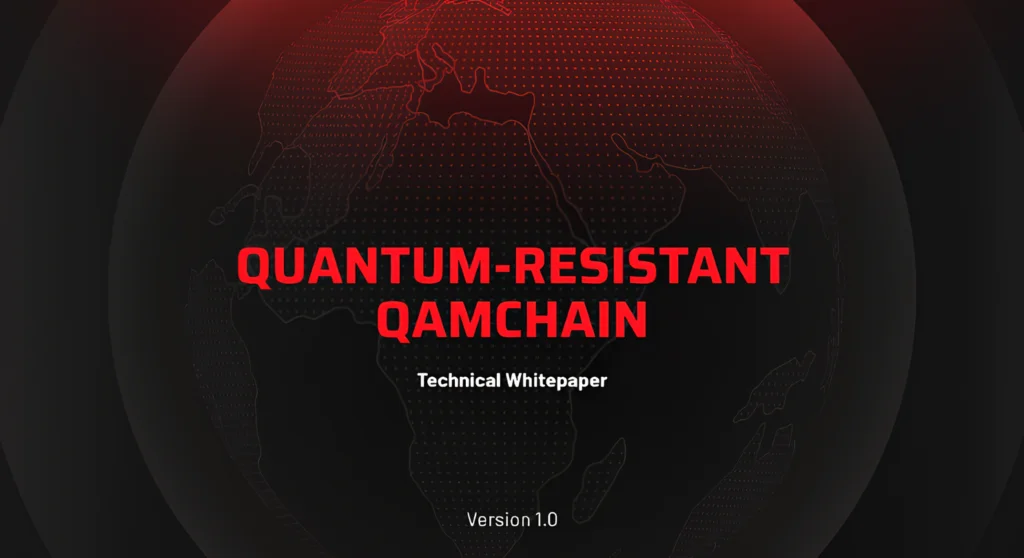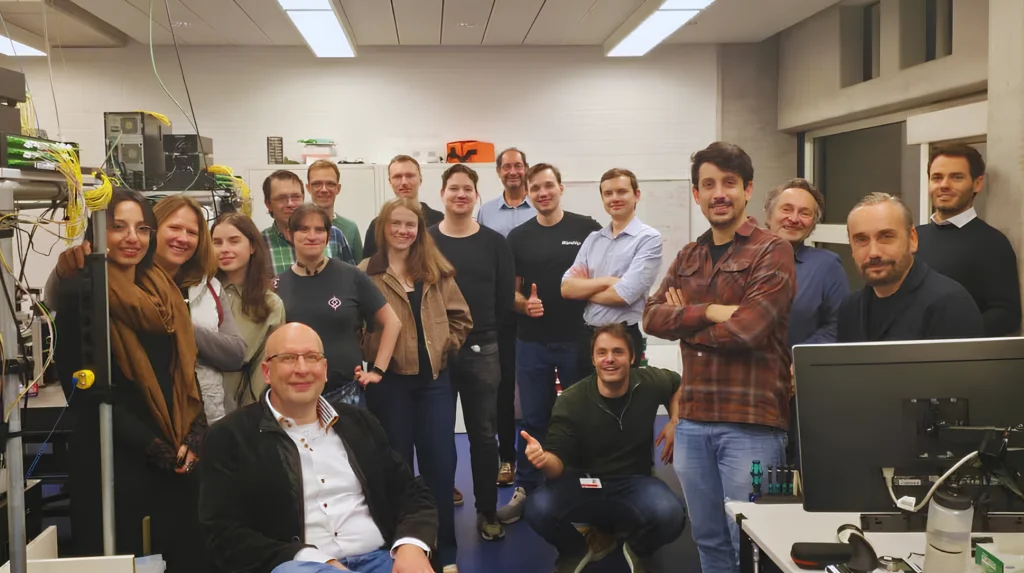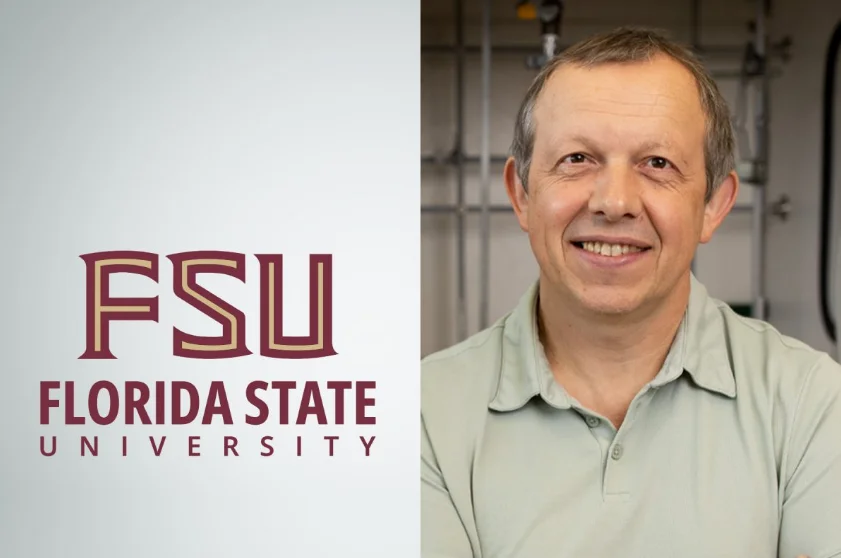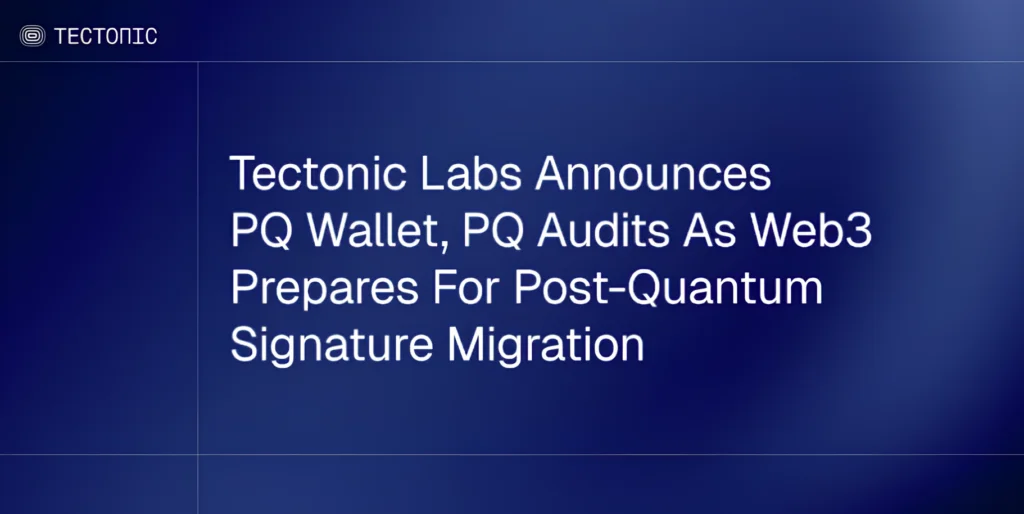Insider Brief
- PQShield has joined Japan’s Cyber Research Consortium (CRC) to enhance defenses against quantum-enabled cyber attacks as part of a NEDO-funded project aimed at advancing post-quantum cryptography (PQC) technologies.
- The company will design PQC primitives and collaborate with AIST to create protocols aligned with NIST standards, contributing to global PQC standardization and Japan’s technology supply chain security.
- PQShield’s involvement, supported by NEDO grants, reflects its growing presence in Japan and its commitment to safeguarding critical infrastructure from quantum threats through collaboration with governments, universities, and private sector partners.
PRESS RELEASE — PQShield, the cybersecurity company specializing in post-quantum cryptography (PQC), has joined the Cyber Research Consortium (CRC) in Japan to participate in its program with the Japanese government’s New Energy and Industrial Technology Development Organization (NEDO) to enhance Japan’s defense against quantum-enabled cyber attacks. As a supporting member of the CRC, PQShield will design and deliver PQC protocols that can be implemented across Japan’s technology supply chain, and contribute to the ongoing global PQC standardization process. NEDO is providing a funding grant to CRC to support this project.
The publication of NIST’s finalized PQC standards in August 2024 gave businesses, governments, and institutions globally a defined route to modernizing their cryptography, safeguarding their data, and protecting themselves from future quantum attacks. In July 2024, to kick-start this process in Japan, NEDO announced that research into PQC implementation technologies would take place as part of its “Enhancement of situational awareness and defense capabilities to counter cyber attacks”, a newly-established project within Japan’s K Program funded by NEDO and delivered by the CRC. The goal of this research is to achieve advanced functionality in quantum-resistant cryptography, such as ring signatures, threshold signatures, and threshold encryption. The K Program is an R&D initiative that builds on the collaboration between public and private organizations in Japan to investigate critical technologies for civil and defense purposes.
Now, PQShield – the leading PQC company which contributed directly to the development of NIST’s cryptographic standards after being founded as an Oxford University spinout in 2018 – has been named a supporting member of the CRC under its NEDO grant, and will be subcontracted to deliver designs and protocols for PQC implementation technologies. PQShield’s Lead Cryptography Researcher Dr Shuichi Katsumata, based in Japan, will lead the company’s work under the CRC.

As part of the CRC, PQShield is being subcontracted to carry out two PQC projects for NEDO: designing PQC primitives; and, in collaboration with AIST, constructing new protocols to ensure that non-PQC protocols can be updated to align with NIST’s latest standards. Both projects will contribute to the ongoing effort to coordinate robust, global standards for PQC. All results will be published in academic papers, the primitives designed by PQShield will be submitted to NIST’s standardization call for multi-party threshold cryptography, and the protocols constructed with AIST will be shared with the Internet Engineering Task Force to become public RFCs.
PQShield is working directly with AIST, on the design and standardization of new PQC protocols, while further support for this project is being provided by CRC subcontractors SCU Inc., Mitsubishi Electronics, and The University of Tokyo. The full list of participants in this project is:
- FFRI Security Inc
- Preferred Networks Inc
- Fujitsu
- NTT
- Powder Keg Technologies
- Ricerca Security
- Mitsubishi Electronics
- Japan Electronics
- Hitachi
- Toppan
- PQShield
- Secafy
- SCU Inc
- Yokohama National University
- Waseda University
- Keio University
- The University of Tokyo
- AIST
- Iwasaki Gakuen
Through this collaborative project, PQShield aims to enhance the functionality and security of the technology supply chain across Japan and globally. This includes planned R&D into the difficulty of the lattice problems PQC is based in, opening up avenues to understand the fundamental security of current cryptography standards. PQShield already has a strong presence in Japan, with partners including Mirise Technologies, Sumitomo Electric and NTT Data Group Corporation – the NEDO grant supports the company’s growing presence in the market and the expansion of its local team.
Dr Ali El Kaafarani, founder and CEO of PQShield, said: “Securing critical infrastructure from quantum computers requires strong collaboration between governments, universities and the private sector, and this project is an ambitious and necessary step to protect against the quantum threat. Japan is an important market for PQShield and plays a critical role in the global technology supply chain. We are pleased to be working directly with NEDO and the government of Japan to help implement PQC across the country and protect against the cyber threats of the future.”
Tsutomu Matsumoto, Director of the Cyber Physical Security Research Center at AIST, said: “The implementation of post-quantum cryptography across Japan is extremely important, and updating existing protocols to support NIST’s latest standards will play a significant role in this process. We’re pleased to support this vital mission and look forward to collaborating with fellow CRC subcontractors, including PQShield, to design and standardize new protocols which can become public RFCs.”














